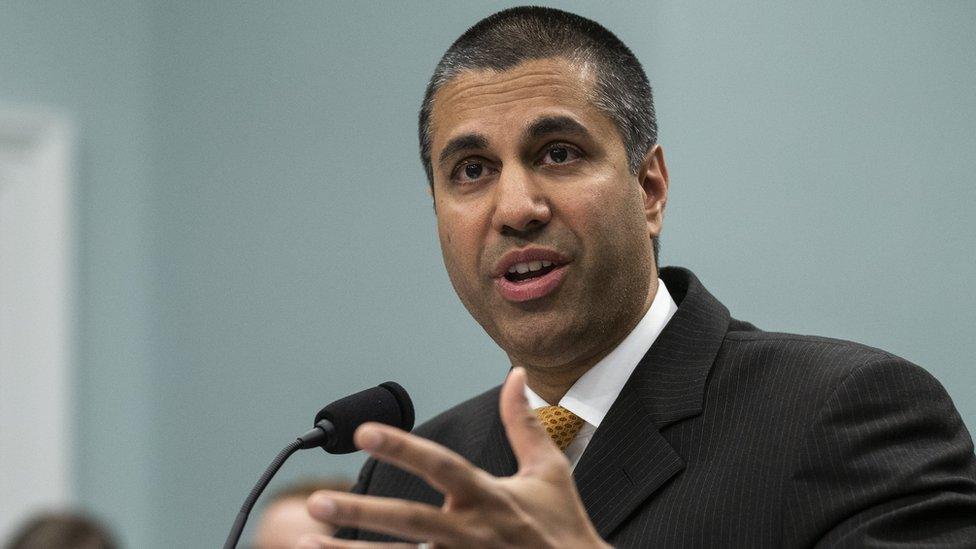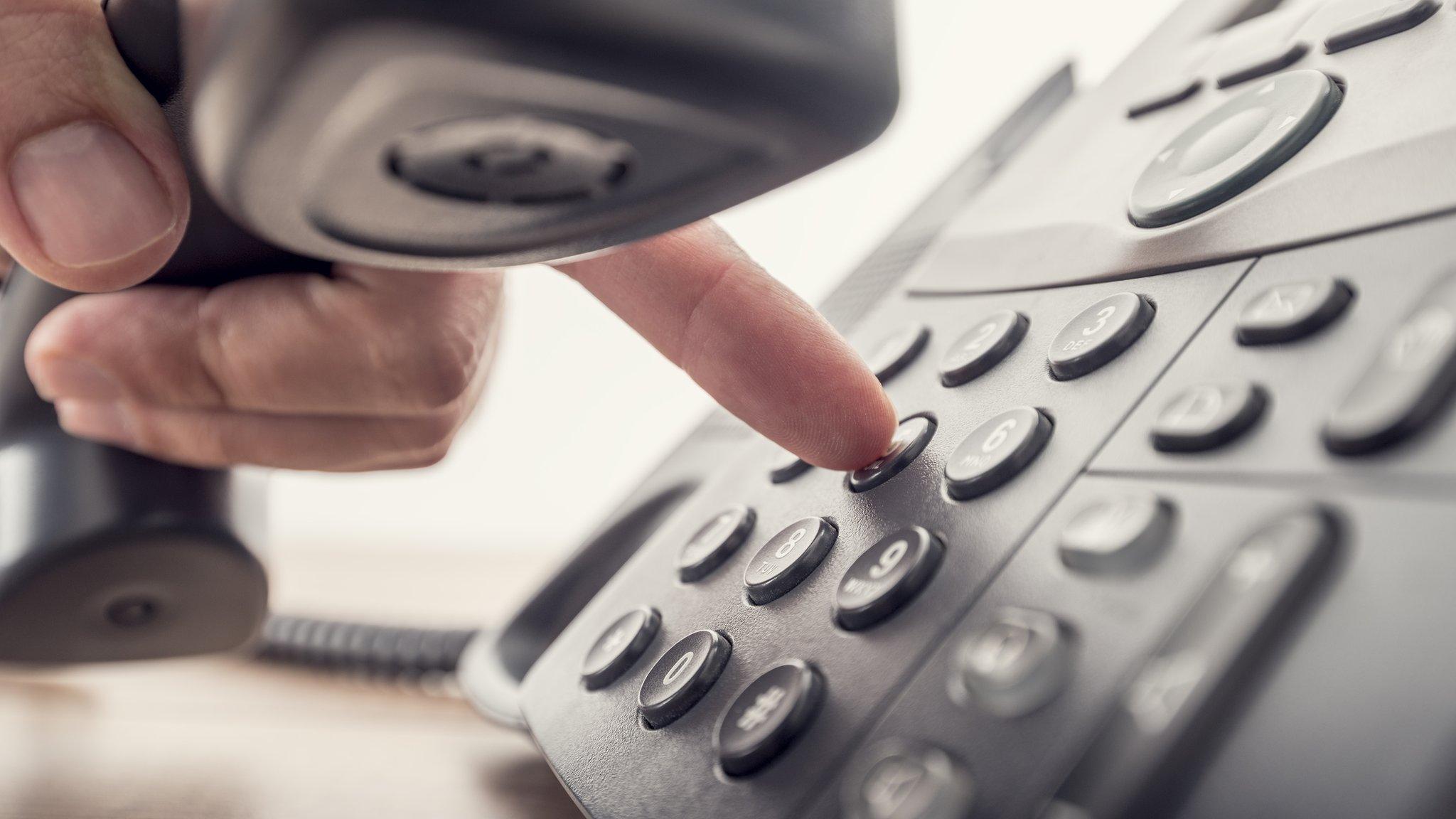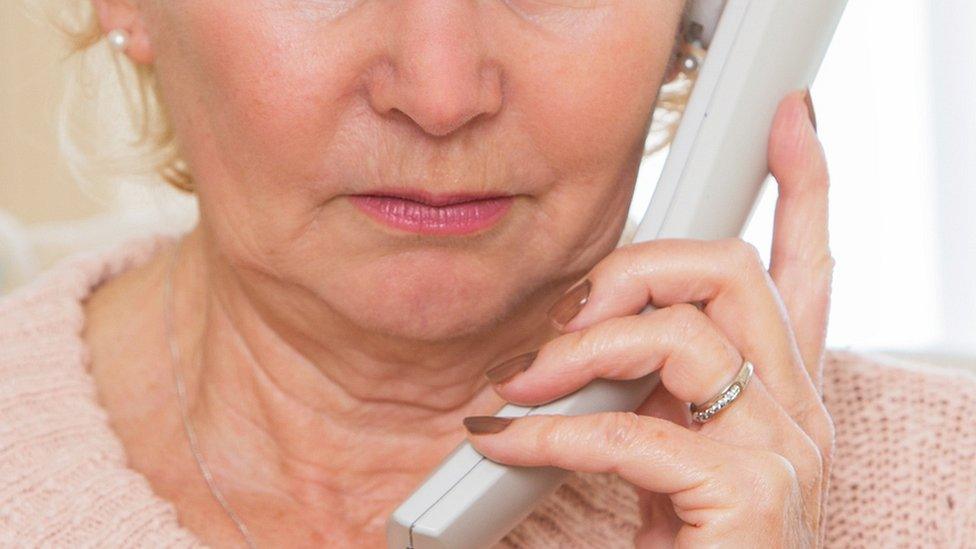Record $120m fine for nuisance robocalls
- Published

A man has been fined a record-breaking $120m (£88m) for making more than 90 million automated marketing telephone calls in the US.
Miami salesman Adrian Abramovich was accused of trying to sell holidays and timeshare properties with the unsolicited robocalls.
The fine is the largest the Federal Communications Commission (FCC) has ever issued.
Mr Abramovich said he had not intended to "defraud or cause harm".
But FCC chairman Ajit Pai said in a statement that the defence "isn't very convincing".
"Mr Abramovich doesn't dispute that he was responsible for placing 96,758,223 robocalls during a three-month period in 2016," he said.
"He doesn't dispute that all these robocalls were made without the recipients' consent."

FCC chairman Ajit Pai
The FCC said Mr Abramovich had spoofed his caller ID to make people believe they were receiving a call from a local number. That was in violation of US law.
A pre-recorded message would offer an "exclusive" holiday or travel deal, posing as an offer from a well-known brand such as TripAdvisor or Hilton hotels.
The call would then be transferred to a human operator in an overseas call centre, who would try to sell the consumer a holiday or timeshare arrangement.
The FCC originally issued the fine in 2017, but Mr Abramovich had appealed against the decision and sought to have the fine reduced.
But Mr Pai said it was the "largest illegal robocalling scheme" the FCC had investigated and therefore the fine was "appropriate".
"I haven't met a single American who likes getting these kinds of robocalls," Mr Pai said in a statement, external.
"Our decision sends a loud and clear message: this FCC is an active cop on the beat and will throw the book at anyone who violates our spoofing and robocall rules."
- Published16 January 2017

- Published11 May 2017

- Published10 January 2017
